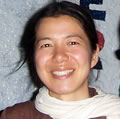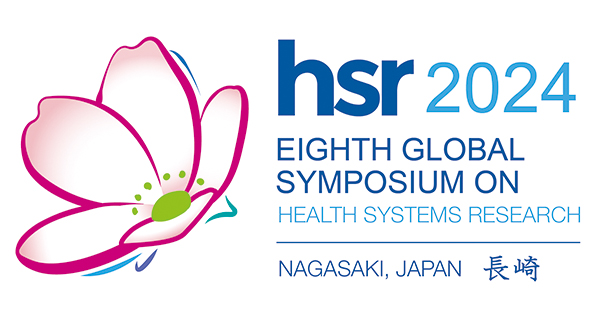佐藤 美穂 准教授

専門・研究テーマ・キーワード
保健システム(保健人材)、ジェンダー担当課程
博士前期課程専任教員博士後期課程専任教員取得学位・資格
MA, MPH, PhD
経歴
I earned an MA in anthropology in 1998 with a focus on development anthropology (a discipline within anthropology to apply anthropological perspectives in international development). After earning my MA, I joined Japan’s Network for Women and Health, a Japanese NGO. I was actively engaged in advocacy for sexual and reproductive health and rights. Then, as an MSH-HANDS Iwamura Fellow, I worked for the Advance Africa project, a USAID funded FP/HIV integration project in sub-Saharan Africa based in the US. After the Iwamura fellowship, I spent the next four years in Afghanistan, where I worked with Afghan and international colleagues to rebuild Afghanistan’s healthcare system. In 2010, I obtained an MPH from the University of Washington, and in 2011, I joined the faculty of Nagasaki University. In addition to education activities in Nagasaki and research work, I am also engaged in international cooperation projects, including From 2012 to 2014, I was involved in a JICA Project for Capacity Development in Regional Health Management Phase 2 in Tanzania (2012-2014), a JICA Project for Improvement of Services at Village Health Centers in Rural Host Community of Syrian Refugees (,2016 – 2018), and Maternal, Newborn and Child Health One Stop Service Project (2014-2017) as well as its follow-on, Promotion of Women’s Health throughout the Life Cycle at One Stop Service Site in Zambia (2018-2020).
教育活動
- I will behave been coordinating a short-term field trip program during the spring quarter. Previous MPH students visited Bangladesh and the Philippines, where various achievements were made in the health sector, including the reduction of total fertility rate from 6.3 births per women in 1971 to 2.2 in 2013. Seeing model practices will provide students with the opportunity to connect with what they learned in previous semesters quarters as well as a basis to make comparisons with future studies studies/activities in the field.
- In addition to the field trip, I will be teaching the gender part of the Reproductive Health and Gender classmodule, in which students will be trained to rethink their research project from a “gender lens”.
研究活動
- In Ethiopia, I conducted a qualitative study of one local association/NGO which introduces people who seek a holy water cure to biomedical care. To date, this has been regarded as taboo by the Ethiopian Orthodox Christian religion.
- In Tanzania, I was the Principal Investigator of the study which involved community representatives to take part in the district’s annual health planning process. Involvement of the representatives of the communities has been neglected in the district health planning processes, and this study examined whether this intervention would make a difference in the number of community-led public health activities, improve the services provided at health facilities, and motivate health workers.
現在の主な研究活動地域
- Ethiopia
- Tanzania
最近の5つの出版物
- Yoshino Y, Sato M, Abu-Siam I, Khost N, Honda S, Qarawi AT, Hassan OG, Huy NT and Kamiya Y. Assessment of physical activity and its facilitators and barriers among Syrian refugees living in Amman City, Jordan: a cross-sectional study. BMC Public Health. 2022; 22(1):1732.
- 佐藤美穂.ティグライ戦争ー現地で起きている「人道危機」についてー .多文化社会研究8:159-182.
- Ahissou NCA, Benova L, Delvaux T, Gryseels C, Dossou JP, Goufodji S, Kanhonou L, Boyi C, Vigan A, Peeters K and Sato M, Modern contraceptive use among adolescent girls and young women in Benin: a mixed-methods study. BMJ open. 2022; 12(1):e054188.
- Ohnishi M, Machiyama K, Nishihara M, Sato M and Matsuyama A. Experiences of romantic relationships and desires to marry and have children among youth in a low-fertility society. Journal of Rural Medicine. 2019; 14(2):196-205.
- Sato M, Maufi D, Mwingira UJ, Leshabari MT, Ohnishi M and Honda S. Measuring three aspects of motivation among health workers at primary level health facilities in rural Tanzania. PloS one. 2017; 12(5):e0176973.
メッセージ
是非皆さんにはMPH取得以外にも2年間で達成すべき個人の目標を立てほしいと思います。自分のキャリア・ゴールを設定したり,また10年~15年後の自分の将来像を思い描くと目標が設定しやすくなるでしょう。2年は瞬く間に過ぎ去っていきます。皆さんがそれぞれの目標達成のために,長崎大学のリソースを最大限に活用されることを願っています。

